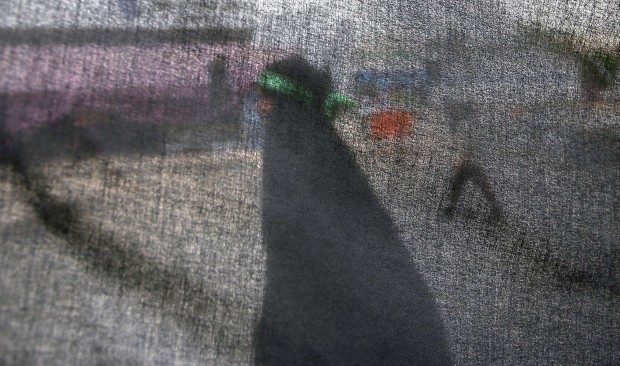When responding to accusations that Iran’s expansionist regional ambitions are a major source of Shi’ite radicalization in the region, any individual Shi’ite will, no doubt, say that there is no evidence of direct Iranian intervention in his everyday life, or his government’s decision-making process. The Shi’ite presence in the Gulf States is not politicized or attributed to any specific side, nor has there been any shift from a state of tranquility to one of sectarian activism. This is something that no objective researcher has been able to demonstrate.
This explains the findings of the report prepared by Mahmoud Cherif Bassiouni to investigate the 2011 events in Bahrain. In this report, Bassiouni stressed that he had uncovered no evidence of Iran’s intervention in the Bahrain uprising. No commission of inquiry on any future Shi’ite uprising in the region will find evidence of Iranian involvement either. This uprising was incited by means of speeches and rhetoric which established a mentality of confrontation and entrenched a sense of injustice among those who have suffered years of political, social, and economic marginalization. This is why this uprising appeared to be so natural to the ordinary Shi’ites who have nothing to do with the so-called “moderate” and “radical” camps. In fact, these ordinary Shi’ites were replaced by the “more knowledgeable” men of consequence among the Shi’ite community through a long and complicated process.
Arabic-speaking channels of incitement are among the most notable media outlets to play out the idea that God’s “chosen” people were being oppressed as a catalyst for public discontent in an attempt to clone either the Islamic revolution scenario in Iran or the Hezbollah scenario in Lebanon. Ayatollah Khomeini’s revolution was successful in Iran, resulting in the establishment of a Shi’ite Islamic state, while Hezbollah has moved from being an organization with an anti-Israel agenda to a major political party with a penchant for authoritarianism.
The Ashura and Friday sermons were filled with double-standards, namely combining the sense of injustice and revenge on the one hand, and the values of tolerance and coexistence on the other. This admixture created fertile ground for an internal and social struggle to grow; this struggle bears the hallmarks of a schizophrenic episode, something that the two-dimensional, revolutionary, Shi’ite mentality cannot fail to observe.
This state of pretension—peace and coexistence—is contested by a revolutionary drive and a sense of hostility towards the other—which they often describe as an oppressor and a despot. Such feelings of hatred and hostility are authorized by textual evidence whose main objective is to appease one’s conscience. This is something which has locked Shi’ite rationality between desire for revenge and feelings of hatred on the one hand and values of peace and coexistence on the other.
Without realizing the awkwardness and the impossibility of such an admixture, the Shi’ites find themselves face to face with a reality in which they are forced to accept this unsettling duality as a natural component of seeking freedom and dignity.
This contradictory state has been brought about by the hard-line movements which theorized violence and justified confrontation by means of a confusing rhetoric that nourishes the sense of injustice and is based on Karbala slogans. This rhetoric ranges from calls to denounce injustice and rise against the oppressor to stirring up public emotions. The Shi’ite rhetoric conjures up a conflict between the Shi’ite Army of Hussein and the Sunni Army of Yazid, creating an intractable situation.
Such a complicated scenario regarding the rise of the radical mentality in the region explains why it has gained the upper hand over the emerging and shy moderate trend that is now being confronted by the hijacked majority. Radicalism has also paved the way for all attempts of skepticism and objection to be scorned, undermining and criminalizing attempts to promote moderate, rational, and humanitarian Shi’ite Islam due to the fundamental differences between each side’s interests.
The moderate Shi’ism, embodied by brave individual attempts to renovate culture to shift heritage and counter reactionary ideologies, is being besieged by the radical oppressive trend.
The assassination of the moderate ideology due to the politicized nature of the situation, as well as the increasing number of people who actually manage to free themselves from such ideologies, indicates that the Shi’ite community today is truly divided.
With regards to status of the Shi’ite community in the Kingdom of Saudi Arabia, moderate Shi’ites seems to be fighting for survival in the face of their radical brethren. However, this certainly does not conceal the truth that radicalism is gaining the upper hand. So, while there can be no doubt that the Gulf’s Shi’ites are being radicalized, this cannot necessarily be traced to Tehran, but rather provocative and incendiary ideology.
Our only hope is that awareness and enlightenment prevail.
The counterpoint to this article can be read here.
